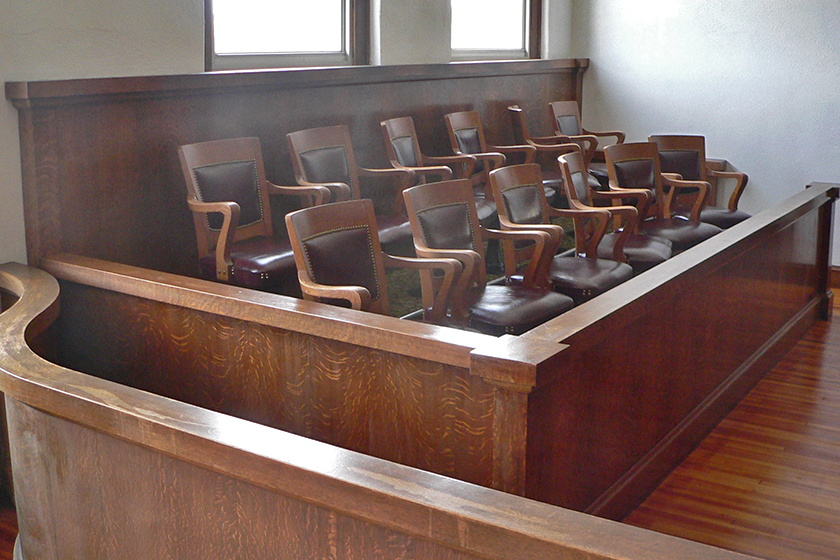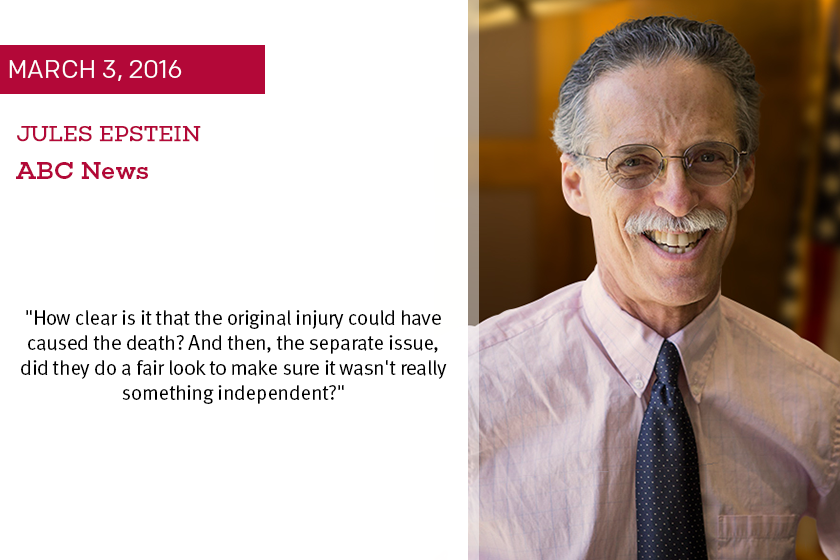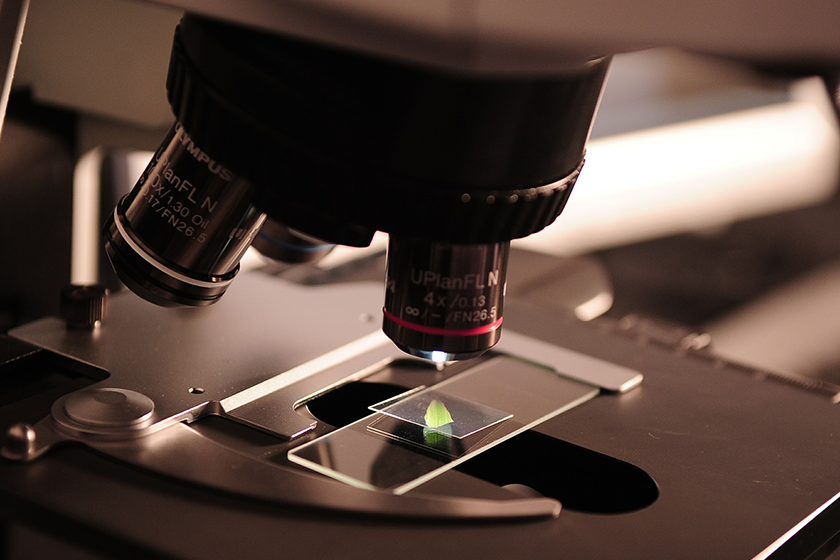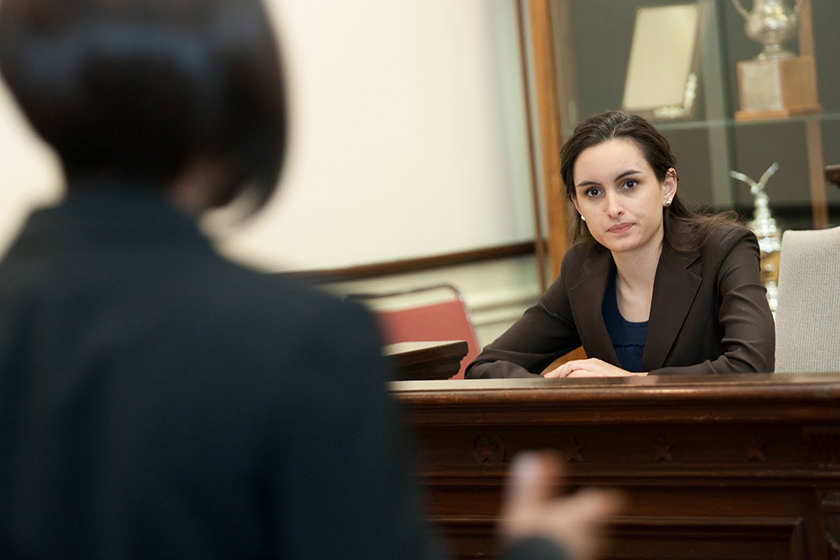Taking the Sting Out: Using Direct Examination to Anticipate and Undercut Attacks on Your Witness
Sadly, it can be the rare witness who does not come with some baggage – a criminal conviction, a potential bias, an inconsistent statement, or some other challenge to her/his credibility. So, the proponent of that witness has to make a choice – bring it out first, or simply wait for the sting of cross-examination. The suggestion of this article is to do the former, a technique supported by law and, as importantly, by the tenets of solid advocacy. As litigators, we are told emphatically that a witness’ credibility may not be bolstered before it is attacked. But this is wrong in two regards – the limitation is actually as to bolstering with character for truthfulness, which may occur only after an averment of the witness having an untruthful character; and it is inapposite when the form of bolstering has the appearance of attacking one’s own witness. Abundant caselaw makes this point. As explained by the First Circuit nearly thirty years ago, “[t]he prosecution, having called a witness, may then ‘take the wind out of …










